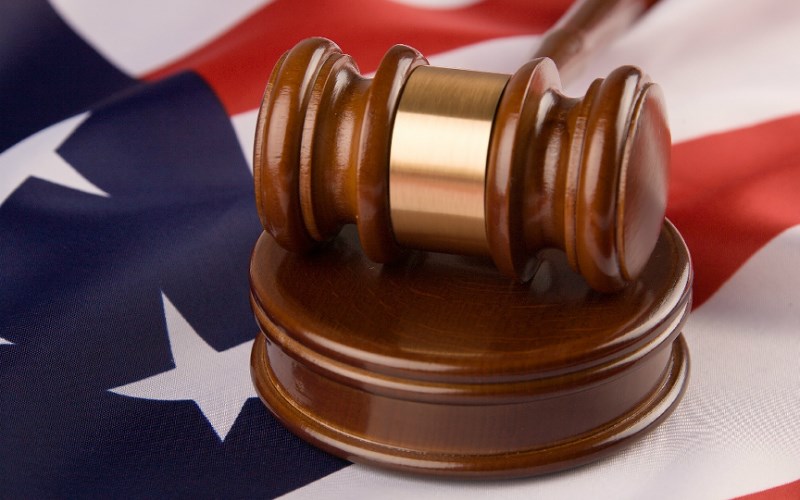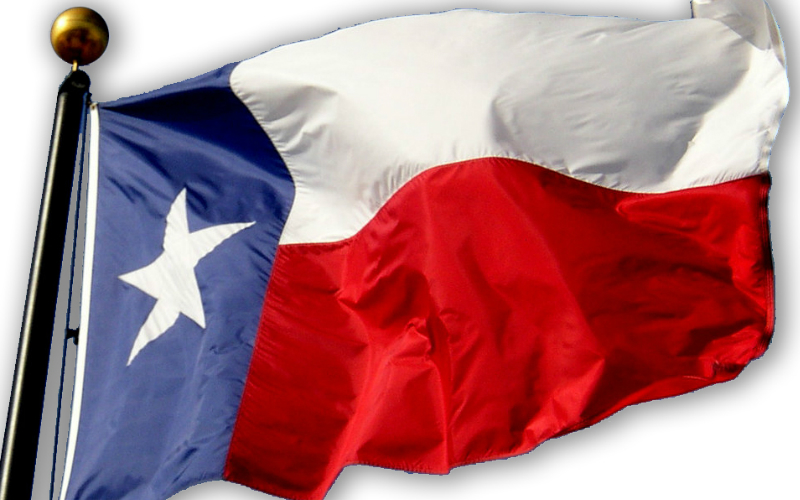After a federal judge ruled against Cambridge Christian School earlier this spring, First Liberty Institute filed an appeal last week with the 11th Circuit Court of Appeals on behalf of the school.
The court battle dates back to 2015 when Cambridge and a second private school, University Christian School, used a public stadium in Orlando for their state championship game. The teams wanted to use the stadium’s PA system to deliver a pre-game prayer – a tradition back on their own campuses – but the Florida High School Athletic Association refused the request on the basis it could be seen as endorsing religion at a public venue.
The ruling from U.S. District Judge Charlene Honeywell, which came in April, sided with the athletic association for a second time after she ruled in favor of the FHSAA in 2017, the Tampa Bay Times reported.
Jeremy Dys, an attorney with First Liberty Institute, tells AFN the law firm feels good about its appeal because of recent U.S. Supreme Court rulings in the coach Joe Kennedy case and the Christian flag ruling from the City of Boston.

“Keep in mind,” Dys says, “that same microphone has been used by Billy Graham twice to hold his crusades in that same stadium.”
According to Judge Honeywell’s ruling, now four months ago, the issue before the court was whether the FHSAA was required by the First Amendment to grant the football teams “unrestricted access” to the PA system. The judge concluded the “First Amendment does not apply because the speech at issue is government speech, but even if some portion of the speech is considered private speech, the court finds no constitutional violation occurred.”
According to the Times story, Judge Honeywell issued a second ruling in April because the 11th Circuit, unhappy with her 2017 ruling, overturned the dismissal and sent the case back to her for further review.







